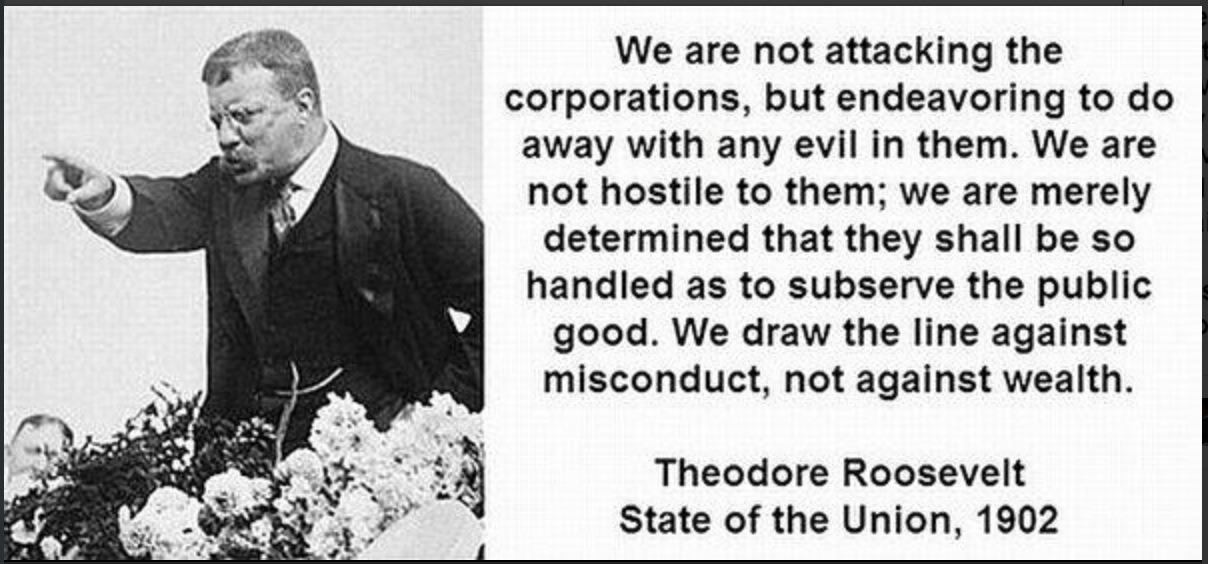While Toronto Mayor Rob Ford has survived his crack-smoking
controversy (at least for now), Rep. Trey Radel of Florida
has resigned
from Congress after being caught
buying cocaine from an undercover federal agent in
October. “It is my belief that professionally I cannot fully and
effectively serve as a United States Representative,” said Radel
in his resignation letter. If he was concerned about losing the
support of his constituents, he had good reason.
The December Reason-Rupe poll found that
85 percent of Americans would no longer support a politician they
had previously supported if he/she occasionally used cocaine. Only
13 percent of poll respondents said they would still support a
politician who used cocaine occasionally.
Americans are much more forgiving on marijuana use. The same
Reason-Rupe poll found that
a majority of Americans, 52 percent, would continue to support a
politician if he or she occasionally used marijuana in his or her
personal time while 43 percent would withdraw their support.
The percentage of Americans who would still support an elected
official who occasionally used marijuana is roughly the same as
those who support legalizing the drug (49 percent). Given that few
Americans favor legalizing cocaine, their reaction to Trey Radel is
hardly surprising. Although it’s worth pointing out that
while 13 percent said they’d continue to support their elected
official if they smoked cocaine, only 4
percent say the drug should be legalized.
The public’s lack of tolerance for cocaine use by their elected
officials cuts across party lines but partisan differences emerge
when the drug in question is marijuana. Majorities of Democrats (58
percent) and independents (54 percent) would continue to support a
politician whom they previously supported if he/she used marijuana
occasionally while only 41 percent of Republicans would do the
same. Instead, 54 percent of Republicans would retract their
support if they discovered their favored politician was caught
using marijuana.
As previous Reason-Rupe poll results haveshown,
younger Americans are considerably more tolerant of drug use in
general, so not surprisingly they are more likely than older
Americans to say they would continue to support a politician whom
they previously endorsed if he or she used marijuana occasionally.
For instance, 73 percent of 18-24 year olds would continue to
support their favored politicians caught with pot, compared to 35
percent of seniors.
Similarly, those with higher levels of education also are more
likely to continue supporting their favored politicians who smoke
marijuana. While 48 percent of those with high school diplomas or
less would continue to support their favored candidate, nearly
two-thirds of post-graduates would do the same.
However, even young people and post-grads make a sharp
distinction between marijuana and cocaine. For instance, 65 percent
of those under 35 would continue to support a politician who used
marijuana from time to time while just 18 percent would continue to
support a politician who used cocaine. By comparison, 44 percent of
Americans ages 55 and over would continue to support an official
who used marijuana while just six percent would continue to support
a politician who used cocaine. Similarly for education, while 64
percent of post grads would continue to endorse marijuana-smoking
politicians, only 14 percent would do the same for a cocaine
user.
Nationwide telephone poll conducted Dec 4-8 2013 interviewed
1011 adults on both mobile (506) and landline (505) phones, with a
margin of error +/- 3.7%. Princeton Survey Research Associates
International executed the nationwide Reason-Rupe survey. Columns
may not add up to 100% due to rounding. Full poll results,
detailed tables, and methodology found here. Sign
up for notifications of new releases of the Reason-Rupe
poll here.
from Hit & Run http://ift.tt/1fkCm9u
via IFTTT

